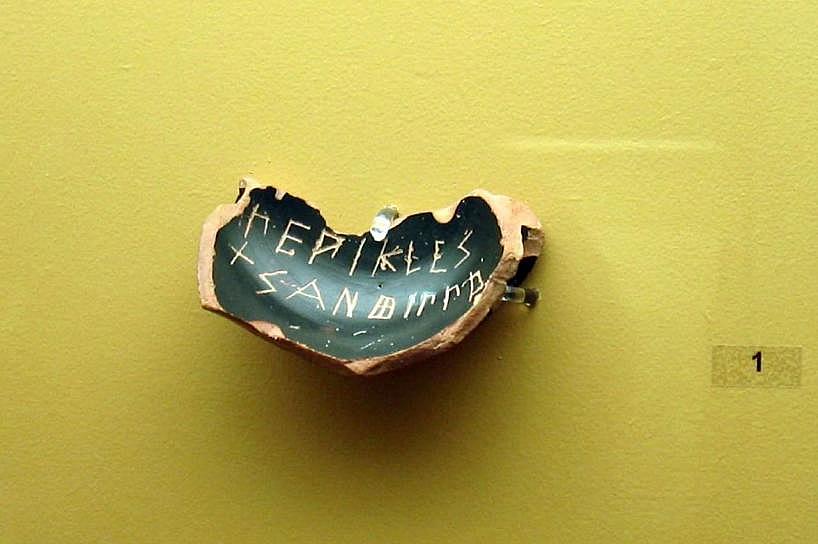It’s no secret that our current society in America, over the last few years, has become increasingly more divided along political lines. Generally speaking, liberals and conservatives alike seem to have become increasingly entrenched in their own ideas and beliefs with little interest in compromise. Meanwhile, regardless of where you align on the political spectrum, the very same politicians that we vote into office to lead us and enact helpful, productive policies for the people, seem more concerned with their own pockets and interests, as well as those of their donors and lobbyists.
Take the current COVID-19 pandemic as an example: Hundreds of thousands of cases in the United States alone, millions of citizens filing for unemployment, and widespread fear, and yet, following a closed-door briefing on the coronavirus in January, it was revealed that 4 United States Senators: Republicans Kelly Loeffler, James Inhofe, and Richard Burr, and Democrat Dianne Feinstein, had allegedly sold hundreds of thousands of dollars worth of stocks before the COVID-19 crisis caused the stock market to crash. These actions taken by these politicians raised questions as to whether or not the senators violated the STOCK Act, a law that bans members of Congress from trading stocks based on non-public information. All of these senators have subsequently come out publicly to claim their innocence and deny their wrongdoing. However, given that Loeffler’s husband is the chairman of the New York Stock Exchange, it’s certainly possible that there is both conflict of interest and potential corruption involved in this matter.
Concerns about special interests and affluent influence even extend to candidates for our highest political office. In the 2020 presidential primary cycle, Kamala Harris, Cory Booker, and Beto O’Rourke all accepted donations from federal, state, and/or local lobbyists, corporations, and interest groups, with Senator Harris personally receiving the most lobbyist donations of any Democratic presidential campaign that has said it would not take any cash from said lobbyists. Even Joe Biden, who promised that he would not take any money from lobbyists and corporate PACs, was able to bypass this promise by taking over $30,000 in donations from his own political action committee that he founded in 2017.
Now of course, lobbying is technically legal under the law, but not all lobbyists are created equal, and the current lobbying laws are tilted in favor of wealthy special interest groups rather than the common citizen. The Lobbying Disclosure Act (LDA) of 1995 is an act intended to increase accountability to federal lobbying practices, but it is weakly enforced and easily exploitable due to various loopholes and the mild penalties and fines associated with breaking that law. For example, the LDA provides that an individual must register as a federal lobbyist if he/she makes two or more lobbying contracts with Congress/executive branch and spends at least twenty percent of their time over a three month period engaging in lobbying activities. However, a twenty percent time threshold is too high and it is very difficult to discern the correct percentage. As a result, fewer and fewer lobbyists are registered through the protocols of the LDA.
Secondly, the current reporting requirements fail to reveal the names of lobbyists who are unregistered under this law. While a 2009 Obama administration-issued executive order prohibited the hiring of lobbyists in the executive branch unless a specific waiver was obtained, there is still quite an incentive for lobbyists to not register themselves under this order, and the penalties for unregistered lobbying are trivial. The Center for Responsive Politics found that from 2007-2014, while the number of registered lobbyists dropped by about sixteen percent, the amount of money spent on lobbying during that same period increased by twenty percent, and estimates suggest that there are as many as 100,000 lobbyists working in Washington DC, rather than the 2015 registered total of nearly 9,500. And finally, a 2015 study by Martin Gilens and Benjamin Page, political scientists at Princeton and Northwestern, respectively, concluded that the United States is a “corrupt oligarchy where ordinary voters barely matter”, and that according to said study, the groups that affect policy changes the most are the “economic elites”, defined as any person in the ninetieth income percentile.
Based on this evidence regarding lobbying and the influence of the affluent on political policy, it is reasonable to assume that our leaders and politicians are not doing their utmost to serve us, the common citizens of the United States. However, I believe that in times like these, I find that looking back towards my ancestors, the ancient Greeks, for knowledge, wisdom, and guidance, is usually a good way to go. I believe that we should bring back a policy the ancient Athenians enacted to counter against the threat of political corruption and tyranny in their city. This policy was known as ostracism.
Ostracism was an Athenian policy in which certain political figures or affluent citizens that were deemed too powerful or dangerous to the interests of Athens would be politically exiled from the city for ten years. Cleisthenes, considered to be the father of Athenian democracy, first established ostracism at the tail end of the 6th Century BC after overthrowing the last tyrant of Athens. Despite this, Cleisthenes believed that certain figures could gain influence over the Athenian assembly and question the newly established democratic system, and he feared that these figures could become demagogues or future tyrants. Since it was rather difficult to prove in court that these potential figures were threats to Athens, Cleisthenes began implementing policies that began to expand the powers of the Athenian citizens while reducing the power and influence of the upper class on Athenian society, the initial intent behind implementing ostracism.
The process for ostracism would begin by presenting an ostracism motion to the Assembly of Athens once per year. At the time, the Assembly of Athens was a group of elected, educated men that served as the equivalent of a modern-day parliament. The Assembly would vote by hand lifting to determine whether or not ostracism was necessary for that year, and if the simple majority at the Assembly gave their approval, the ostracism process would move forward to stage two. In this stage, all of the eligible freemen of Athens gathered at the agora to cast their official ostracism votes (unfortunately, women and slaves did not have voting powers in ancient Athens). The members of the Vouli (a citizens’ council appointed to run daily affairs of Athens), and the Arhontes, the highest-ranking administration officials, supervised this specific round of voting. The voting was performed anonymously by these free Athenian men, who kept their anonymity by scratching their name and their ostracism candidate on a piece of pottery known as an ostrakon (hence the formal term ostracism), and each ostrakon was collected and counted by the Assembly.
For the vote to become official, a minimum of 6,000 votes had to be cast; when this threshold was reached, the person that garnered the simple majority of votes and deemed the most dangerous or corrupt would be given ten days to organize their affairs before being exiled from Athens for ten years and never allowed to engage in politics in Athens again. Many famous names fell victim to the process of ostracism, including Themistocles, the Athenian admiral, and hero of the Greco-Persian Wars, further proving that this practice could target anyone, no matter how powerful and influential. Thus, many philosophers and historians deem ostracism as a prime example epitomizing the power that the common folk, the demos, could have against corruption and abuse of power in Athenian democracy.
Now, of course, there are some significant differences between the democracy of ancient Athens and the democracy of the United States. Women in ancient Athens did not have the voting power that women do in the United States, and the vast majority of the people in the United States are educated and literate, unlike many of the citizens of ancient Athens. However, ostracism has the potential to unite all types of people, regardless of race, gender, socioeconomic status, and level of education, because our politicians are meant to serve the collective, rather than a single group.
There are a decent number of staunch liberals and conservatives alike that despise select politicians from opposing political parties due to their corruption. What better way to unify these individuals than to give them the power to unite in their vote and say, for example, potentially removing one corrupt Democrat and one corrupt Republican on an annual basis? Because, regardless of the ideological differences between us, we can all agree that our leaders and politicians should put the common citizens first, rather than the lobbyists and the special interests, which is why I believe that bringing back a modern version of ostracism to our American democracy will more effectively incentivize politicians to pass policy that benefits the ninety-nine percent over the one percent, and provide greater leverage and power to the common citizens of this great country, a reality that Cleisthenes would certainly be proud of.



